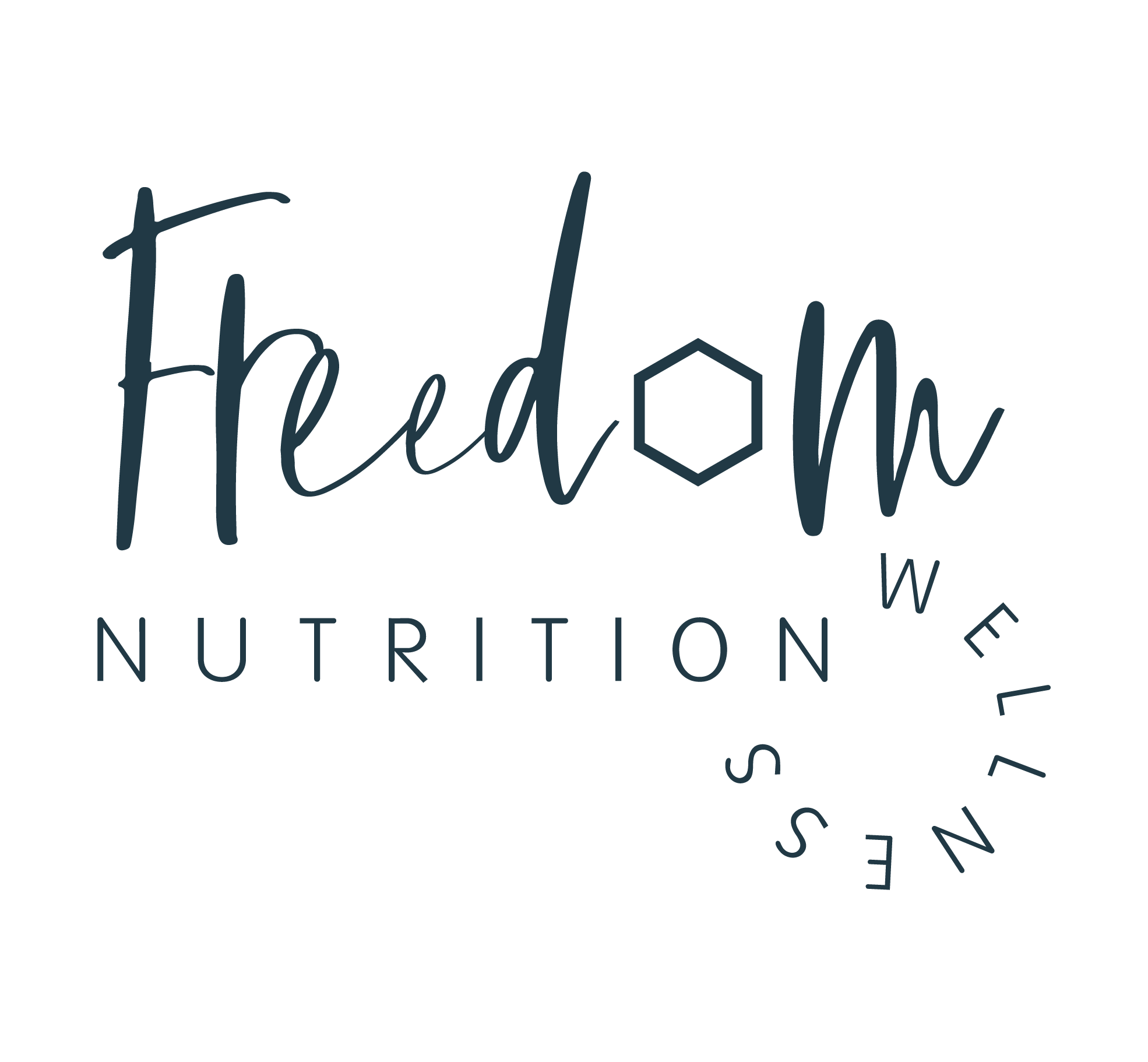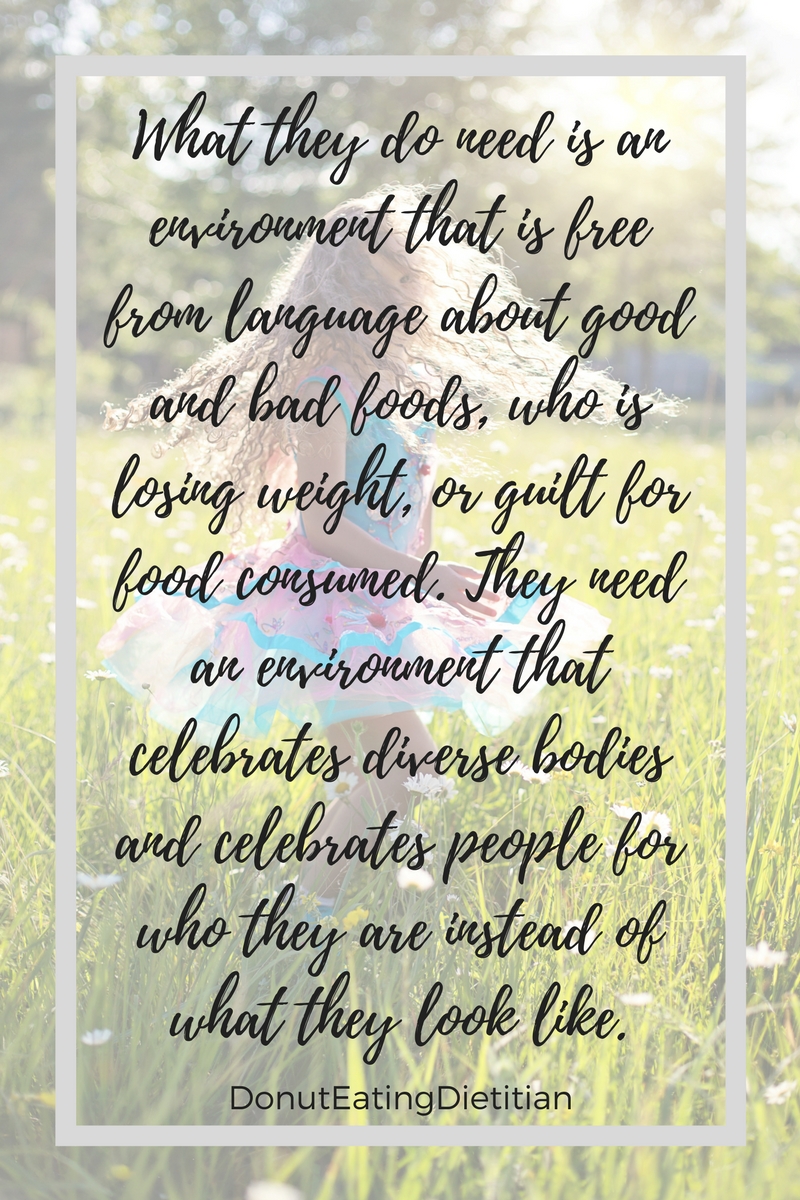Dear parent Of a child in eating disorder recovery: please don’t go on a diet
Dear parent, I have been seeing your child—both adolescent and adult—for the past few months for recovery from an eating disorder. We have been doing a lot of work together to introduce all types of foods in adequate amounts at regular times throughout the day. We’ve challenged many different food rules that have gotten in the way of your child being able to truly listen to their body and take care of it well. We’ve challenged fears around foods that are seen as “unhealthy” or might promote weight gain. We’ve worked on incorporating foods that they like regularly so that they feel competent around all foods. We have even worked on learning to accept their body’s natural size instead of fighting it and hating it. Your child has been making so much progress, but recently I’ve noticed a difference in your child’s anxiety around food and increase in the need to restrict quantities or types of foods. I’ve noticed your child go back to old behaviors that we’ve been working hard to decrease. And then I discovered what might be playing a role in that.
Your child told me that recently you chose to go on a diet (or “lifestyle change”) that includes cutting out some food group or macronutrient, eating only certain portion sizes, watching what you eat, or starting up a vigorous exercise routine. I get it—just as there are enormous pressures for your child’s body to look a certain way, there are enormous pressures for your body to look a certain way. You have been told that health is certain size and that you are more valuable at a smaller size. I know that your intentions are pure. But here’s the problem, it feels like complete hypocrisy for your child to be told that he or she can’t diet while you can. When she sees you dieting and pursuing a smaller body, she receives the message that restricting and getting smaller is something to be valued and pursued. The one thing she thinks makes her most important or allows her to best cope, she’s not allowed to do. She receives the message that certain foods are bad or unhealthy, and that she should avoid them. She receives the message that she shouldn’t trust herself around food. I know that your new eating style seems innocent enough or you may even think you’re hiding it, but you’re not. Your child notices when you leave the bun off your burger. Your child notices when you skip on dessert every time while the rest of the family is eating it. Your child notices when there are no “fun foods” in the cabinets or when there are “healthy” food replacements in the fridge. Your child is hyperaware of every bite that goes into her body and yours. Unfortunately, your diet is brining feels of jealousy, inadequacy, guilt, and shame because your child is “less than” for no longer trying to change her body or restrict her food intake.
What your child really needs is an environment where food freedom and flexibility is encouraged. They need support at meal times to eat scary foods or scary amounts of foods. Eating food with someone is a lot easier than eating it alone. It gives them a sense of permission if you’re doing it as well. I’m not saying that you have to eat every meal with them or match their intake, because they do need to learn to take care of their own needs, which are different from everyone else’s around them. What they do need is an environment that is free from language about good and bad foods, who is losing weight, or guilt for food consumed. They need an environment that celebrates diverse bodies and celebrates people for who they are instead of what they look like.
Parents, I don’t want this letter to be condemning or shame-inducing. I don’t think you’re a bad parent for doing what everyone in our culture says is normal. But I do want you to see how your behaviors are impacting your child’s recovery. Home is place that should be the safest for your child to recover and I want you to be able to connect that environment with an environment that is free from weight loss pursuit. Please put aside your desire for weight loss and instead foster an environment where your child is fully supported for recovery—I promise, you’re child’s recovery is worth every “extra” pound.
*I mainly used the pronoun she, but know that I do not believe eating disorders only occur for females. I do not want to promote the belief that eating disorders only occur in females because it is a growing problem in the male population as well.
**If you struggle with knowing how to support a family member struggling with an eating disorder, check out the Parent Toolkit by NEDA, or schedule an appointment with your child’s therapist or dietitian to talk through how you can support them.


